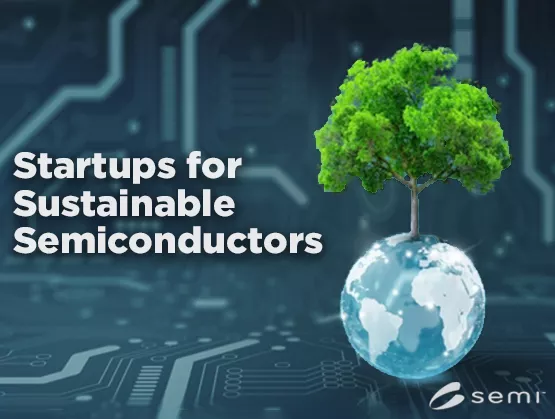
Building on the success of the first two years of the Startups for Sustainable Semiconductors (S3) program, and seeking to spur more green technology innovation for our industry, the industry sponsors, in partnership with SEMI, launched the third year of the program in January by inviting startups, academics, and innovators with compelling ideas for advancing semiconductor industry sustainability to apply to participate.
This year, the program attracted a large pool of high-quality applications that were reviewed by the S3 organizing committee and narrowed down to the semifinalists listed below.
Following are this year’s Startups for Semiconductor Sustainability focus areas:
- Emissions Technologies
- Direct air capture and treatment – including greenhouse gases
- Emissions detection, reduction, and measurement software and hardware tools
- Energy
- New process designs for decreased energy intensity
- Improved thermal management, including data center cooling
- Alternative energy sources
- Energy tracking and management software
- Water
- Liquid waste stream treatment, desalination, brine treatment, metals extraction, energy reduction processes for 100% water reuse
- PFAS collection, removal, and destruction
- Water measurement, planning and maintenance software
- Materials
- Sourcing, mining and refinement of materials used in semiconductor manufacturing
- Sustainable processing, storing or shipping of materials, including on-site production
- Recycling and reuse methodologies
- Green hydrogen and/or hydrogen recycling
- Software/AI for sustainable chemicals + materials development
After the semifinalists are selected, they are matched with industry mentors for coaching on how to apply their technologies to the semiconductor industry, cater their pitch to the industry, and earn proof of concept and sales opportunities. A final pitch event will be held on April 30 and May 1, at which point, the organizing committee has the difficult job of selecting a group of finalists. The finalists will be invited to SEMICON West 2024, July 10-12 at the Moscone Center in San Francisco to present to the conference attendees. Registration for the event is open. See more details on the Startups program.
“The 2024 S3 program applicants were the most impressive we have seen to date. In fact, we invited more semi-finalists to engage than we have in previous years,” said Jennifer Ard, 2024 lead for the S3 program and Managing Director at Intel Capital. “We are impressed with the solutions proposed and developed by these young companies and entrepreneurs and believe they could have immediate and future impact in semiconductor sustainability programs.”
Aclarity offers PFAS destruction systems using patented low-energy electrochemical oxidation. The technology has been demonstrated in multiple pilot projects and a first commercial project is underway. | |
 | Aquagga builds PFAS destruction systems that leverage the hydrothermal alkaline treatment (HALT) process to destroy all types of PFAS in liquid matrices. EPA award-winning and patented technology, with over a dozen government and industrial clients. |
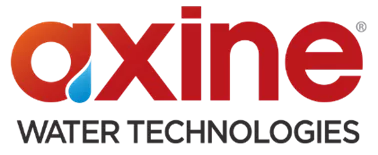 | Axine offers electrochemical oxidation technology for industrial wastewater treatment-as-a-service with over 130,000 hours of operating experience. Axine offers cost-effective complete destruction of PFAS, targeting both long- and short-chain PFAS. |
 | Boston Materials uses reclaimed carbon fibers and a vertical fiber alignment process to produce polymer-, solder- and liquid metal-based Thermal Interface Materials (TIMs) that significantly reduce thermal resistance (<5 mm2-K/W) while ensuring long-term reliability. |
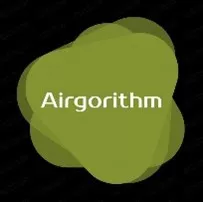 | Airgorithm has designed a real-time fluorinated gas sensor from novel, nano-sensing material, using an optimized wavelength sensor design. This sensor can detect all semiconductor gases of interest, has sensitivity towards ppb levels, at a lower footprint and cost than other proposals. |
Charm Industrial turns excess, inedible agricultural and forestry biomass into bio-oil and puts that oil back underground for permanent carbon removal. At scale Charm can produce carbon negative iron. Charm has delivered >50% of all permanent removals. | |
 | Sonic Lift-off harnesses sound energy to separate devices or thin epi-layers from substrates, ensuring no material loss and facilitating substrate re-use. The primary focus is on wide-bandgap (WBG) semiconductors such as SiC, GaN, AlN. |
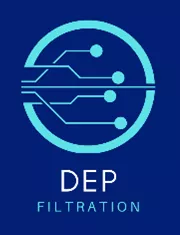 | DEP filtration is building a dielectrophoretic electrode system that separates/concentrates semiconductor effluents to reduce the cost of waste treatment and environmental toxicity. |
FluoRok brings the circular economy to fluorochemical production via a low-cost, safe and sustainable process transforming semiconductor waste products, such as HF-derived synthetic calcium fluoride, into fluorochemicals like Li-ion batteries or agrochemicals. | |
Freshean is building a nano-engineered sorbent-based CO2 direct air capture (DAC) technology with 10x savings in cost and scale to offset carbon footprint and provide up to 40% reduction in HVAC energy consumption and a clean and healthy air environment. | |
GREEN14 uses hydrogen plasma to reduce oxygen and impurities from quartz to produce high purity silicon and silane gas that is substantially greener and cheaper than incumbent technology. | |
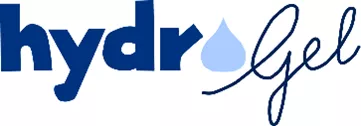 | hydroGel offers an effective, sustainable approach to removing emerging contaminants from water using novel materials developed at MIT. The platform rapidly absorbs both organic and inorganic micropollutants in a single step, facilitating reuse and tunability for diverse applications |
InPhocal offers a new wafer singulation technology which increases the number of chips on each wafer but also reduces waste and enables new levels in wafer stacking. The laser singulation technology facilitates heterogeneous integration and enhances chip performance and functionality. | |
 | LIDROTEC builds laser dicing machines to cut microchips for the semiconductor industry. The technology reduces the damage rate in the cutting process to virtually 0% from the current waste rate of up to 10% for certain materials. |
LoopRefine has developed software which, using sensor readings of wastewater, identifies and manages the dosing of external chemicals to wastewater so that the sludge is of the desired quality and the wastewater is of a stable composition. | |
Mimic systems is developing a refrigerant-free heat pump based on solid-state technology which provides low thermal-to-electrical conversion efficiency, durability, and low maintenance compared to traditional vapor-compression technologies. | |
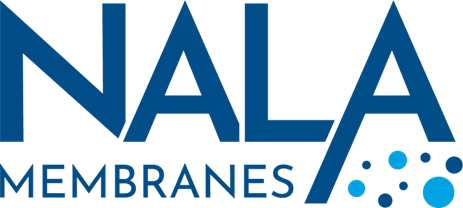 | NALA has developed a chlorine stable reverse osmosis membrane based on a new class of polymers produced in a standard spiral wound form factor and size to fit in existing equipment. NALA's new membranes reduce the cost, complexity, and climate impact of advanced water treatment and desalination. |
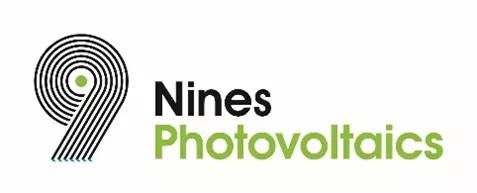 | NINES PV have developed a novel ZERO GWP etching process, that is 10 x more efficient than Wet Chemistry etching enabling more sustainable and compact PV solar cell factories. They now look to apply this technology to semiconductor manufacturing. |
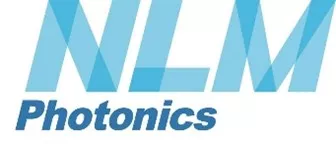 | NLM Photonics has hybrid organic electro-optic (OEO) technology that combines silicon photonics device design and the ultra-high efficiency of OEO materials to produce chipscale, low power, high-bandwidth EO modulators. |
OXbyEL is commercializing Electrolyzer technology providing low-cost, high-performance modular water treatment systems for water and wastewater contaminated with PFAS, organics and inorganics such as micropollutants, hydrogen sulfide and ammonia. We treat a broad range of conductivities so do not require chemicals addition. | |
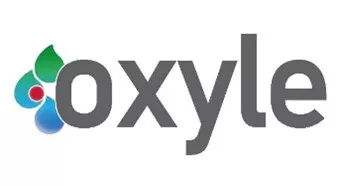 | Oxyle destroys PFAS in wastewater to below detection limits without generating secondary waste. With energy consumption as low as <1 kWh/m3, it is an energy-efficient and cost-effective treatment. Oxyle's PFAS solution, validated through on-site pilots, is slated for its first full-scale installation in 2024. |
Polymertal provides an alternative to metal through a sustainable material that is fully conductive and at half the weight of lightweight alloys. | |
Quantum Diamonds has created a non-destructive quantum sensing testing tool that helps to increase the yield of semiconductor fabs, especially those manufacturing the most complex architectures | |
 | Rebound’s agile cooling technology achieves a 10X improvement over incumbents and, for datacenters, meets the cooling demands of AI workloads, as well as direct-to-chip cooling, while simultaneously dropping facility operating costs and scope 2 emissions. |
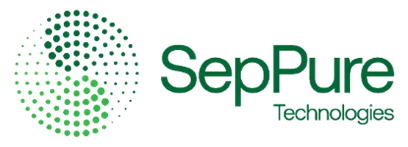 | Seppure has developed a method of fabricating novel, scalable, and highly efficient organic solvent nanofiltration (OSN) membranes for chemical separation processes, which partition chemicals at the molecular scale, and are an environment-friendly alternative to distillation or incineration methods. |
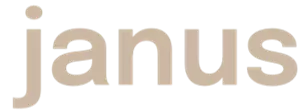 | The Janus Company is building advanced polyurethane polishing pads used in chemical mechanical planarization (CMP) that will bring reliability to the semiconductor industry and further sustainability initiatives. |
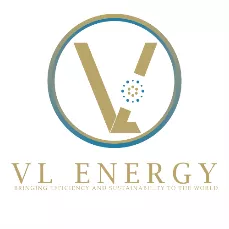 | VL Energy has created the Efficient and Secure-Predictive Emissions Monitoring System (ES-PEMS) to continuously monitor, predict, and reduce emissions in real-time utilizing AI and machine learning and, maximizing productivity and minimizing environmental impact. |
Heidi Hoffman is Senior Director of Sustainability at SEMI.